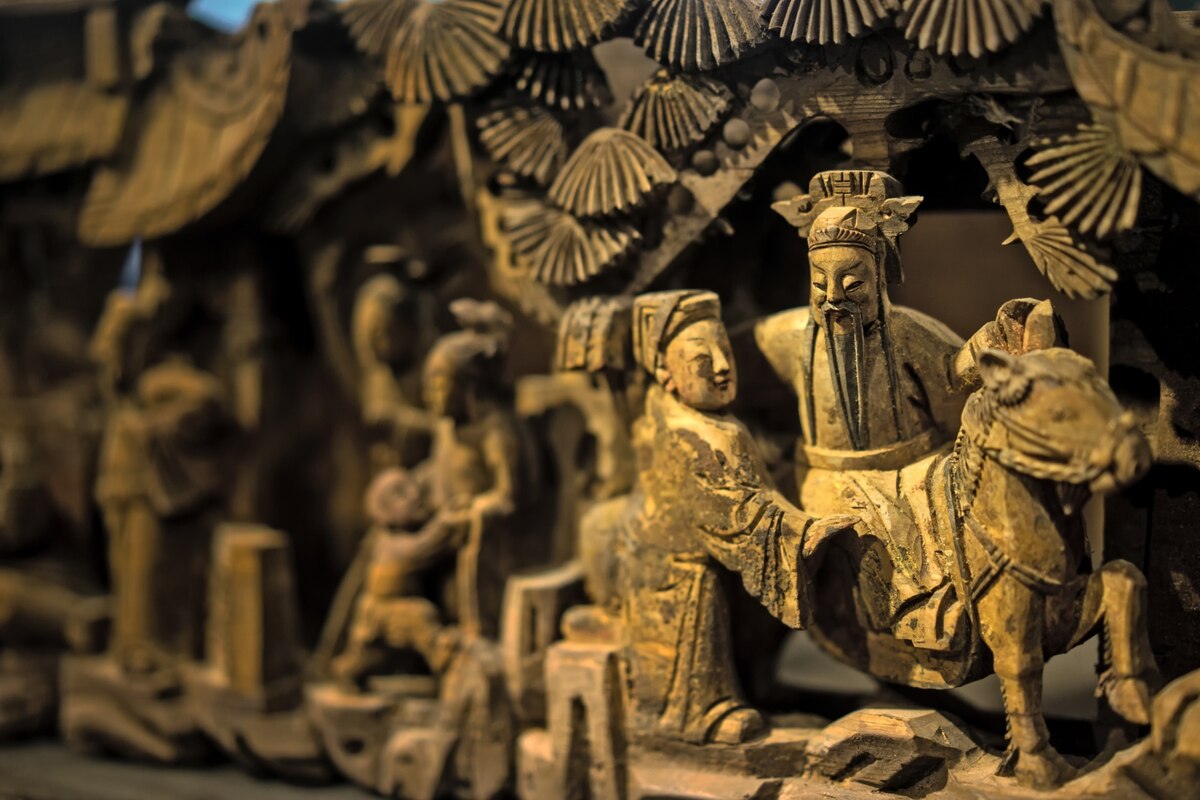Mythology has played a central role in shaping ancient cultures and their storytelling traditions.Read More
Myths were much more than simple stories in ancient societies—they were deeply embedded in the fabric of life. These narratives often explained the origins of the world, the nature of the gods, and the structure of the cosmos. They also taught moral lessons and provided frameworks for social and cultural practices. In Greece, for instance, mythology was deeply intertwined with religion and daily life. The tales of gods like Zeus, Athena, and Apollo were not just bedtime stories but integral to understanding the Greek worldview. The myths explained human virtues, such as courage and wisdom, and vices like hubris. Similarly, Egyptian mythology helped its people make sense of the afterlife, the river Nile’s cycles, and the ruling power of their pharaohs, who were often viewed as divine or semi-divine figures. Beyond entertainment, mythology was used as a teaching tool and a way to enforce societal norms. These stories contained allegories that shaped ethics and values. For instance, the Epic of Gilgamesh from Mesopotamia is one of the earliest known literary works and provides profound reflections on human nature, mortality, and leadership. Gilgamesh’s journey, filled with divine intervention and challenges, reflected the struggles and responsibilities of kingship in ancient Mesopotamian society. In Norse mythology, the myth of Ragnarok—a series of apocalyptic events leading to the world’s rebirth—reflected the harsh realities of life in northern Europe and the belief in cycles of destruction and renewal. The gods’ courage in the face of inevitable doom mirrored the values of Norse society, where bravery and resilience were highly prized. Mythology also served as a form of historical and cultural record. Ancient stories provided insight into how people saw the world around them. For example, the creation myths of various cultures often reflect the environment in which they lived. The Greeks, surrounded by mountains and the sea, had gods like Poseidon and stories of great heroes navigating vast oceans, while the myths of the Indigenous peoples of North America often focus on animals and nature. Similarly, many myths revolve around historical events and figures, though often exaggerated or reimagined. The Trojan War, as described in Homer’s Iliad, blends history and myth, with gods intervening in human affairs, reflecting both the cultural importance of warfare and divine influence. Even as ancient civilizations faded, their myths lived on, influencing art, literature, and culture throughout the ages. The stories of Hercules, Achilles, and Osiris have been retold in countless forms, from Renaissance paintings to modern films, highlighting mythology’s lasting impact on human creativity. Today, we still reference these ancient tales in discussions of morality, power, and the human condition. In modern society, mythology continues to inspire and influence. It serves as a reminder of how interconnected we are with our past and how these ancient stories still offer lessons about our present and future.Understanding Mythology in Ancient Cultures
Mythology as a Tool for Teaching and Social Structure
Myths as Historical and Cultural Record
The Enduring Legacy of Mythology

The Role of Mythology in Shaping Ancient Cultures and Narratives
Mythology has played a central role in shaping ancient cultures and their storytelling traditions.Read More
